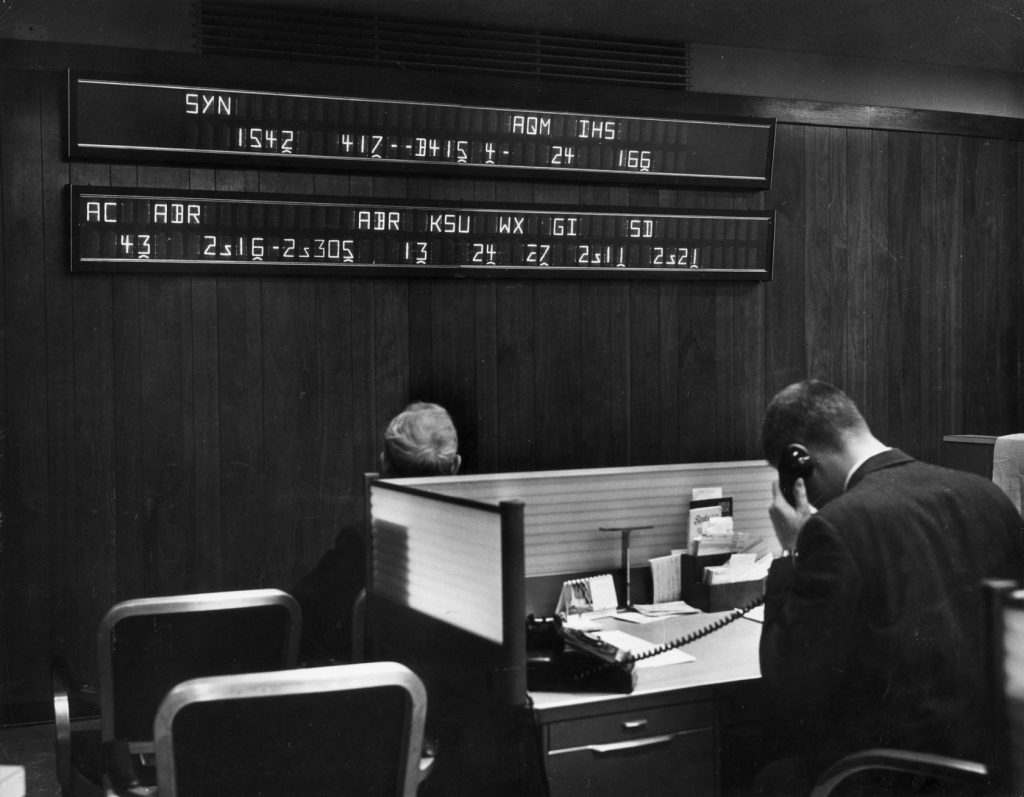Dear friends,
Welcome to Winter. It’s my favorite time of the year. My students, with their hummingbird-like metabolisms, are loath to surrender their shorts and sandals even now.
The midwinter holidays ahead – not just Christmas but a dozen other celebrations rooted in other cultures and other traditions – are, at base, expressions of gratitude. They occur in the darkest, coldest, most threatening time of year. They occur at the moment when we most need others, and they most need us. No one thrives when they’re alone and each day brings 14 to 18 hours of darkness. And so we’ve chosen, from time immemorial, to open our hearts and our homes, our arms and our pantries, to friends and strangers alike.
Don’t talk yourself out of that impulse. Don’t worry about whether your gift is glittery (if people actually care about that, you’re sharing gifts with the wrong people) or your meal is perfect (Martha Stewart’s were and she ended up in the Big House). People most appreciate gifts that make them think of you; give a part of yourself. Follow the Grinch. Take advice from Scrooged. Tell someone they make you smile, hug them if you dare, smile and go.
In the midst of Hurricane Harvey’s assault on the Houston area in early September, we reminded you that you could make a difference by reaching out – then and there, while the need was great and the impulse was at the top of your mind – to help folks. I made two personal notes then. The first was that I’d chosen to contribute to the Houston Food Bank and the Animal Defense League of Texas, which handled pet rescue and rehabilitation. The second was that I’d remind you – and myself – to give again by year’s end. “The pattern is painful: disaster strikes, money and attention pour in, the immediate crisis abates, we move on … and a region is left with few resources as they begin the long slog to rebuild homes, re-open schools and find meaningful employment for folks who always lived with limited financial resources.”
I did check in and, happily, I did give again. The Houston Food Bank has a particularly compelling opportunity: first time gifts are matched 3:1.
The Riverbend Food Bank serving my home community, the Iowa/Illinois Quad Cities, couldn’t offer any such incentive but they, too, made a compelling point: my neighbors need help and, for $20, I could feed a hundred.
And so I did. To both. You could, too. Donor’s Choose helps teachers in need. (Non-profit.) Marketplace provides some of the sharpest, more accessible financial journalism on the air. (Non-profit.) Wikipedia is now the universal encyclopedia, free, volunteer and run on a shoestring. (Non-profit.) Heck, Charity Navigator, the service that tells you which non-profits use your money most responsibly and effectively, is itself a donor-supported non-profit. Pick one of them. Pick your own cause. But don’t walk away from the opportunity to make a difference for the folks who make a difference to our lives and our neighbors.
Oh, by the way, you make me smile. I’m endlessly humbled (and pleased) at the realization that you’re dropping by to see what we’ve been thinking. Thanks for that!
“Rembrandt of Red Ink”
Ted, the senior member of our discussion board, came across a remembrance this month of the worst fund manager who ever lived. Charles Steadman managed the singularly improbable feat of taking $1,000, investing it in the stock market for 38 years, and ending up with $500. Over those same years, the market rose 1500%.
The funds were derided as “the Deadman funds,” both in sardonic tribute to Steadman’s name and skills, and in recognition of the fact that many of the accounts in his funds were held by those who actually were dead.

Here, courtesy of Ted the Linkster, is the link to Jack El-Hai’s homage to The Dead Man Fund.
Farewell to Amazon
With considerable sadness and trepidation, we announce the end of our associates relationship with Amazon. Amazon has concluded that the open portal approach that we’ve been using – that is, the simple system where you enter Amazon through our link and we receive financial support from Amazon – violates their rules. The system was set up long ago with the help of an Amazon representative, but things have changed. Under the new dispensation, we have two options: (1) have Amazon ads scrolling on the side of each page and (2) ask you to support us through the Amazon Smiles program for non-profits. Neither is attractive. We really don’t want to clutter the site with more of the constant commercials that plague the web, and the Amazon Smiles program pays only 0.5%. Our original Amazon associates program paid nearly 8%, which Amazon has throttled back to about 5%, which is still ten-times what Smiles offers.
The only two sources of support for MFO were Amazon and reader contributions. If it’s in your budget and in your best interest, we’d encourage you to make a tax-deductible year-end contribution to MFO. Contributions of $100 or more get you a year’s access to MFO Premium, home of the unique fund screener that we’ve built for folks who want information – sophisticated risk measures, rolling returns, correlations between funds – that are normally unavailable to regular folks. Whether you choose to give $1 or $10,000, we’re grateful and we’ll keep digging on your behalf.
Some folks have chosen to use our PayPal link to create regular monthly contributions, which we find almost freakishly cool. Thanks, as ever, to Deb, Greg, and Brian, whose continued monthly support make us smile.
Wishing you great joy and delight in the company of friends, until we meet again in the New Year,












